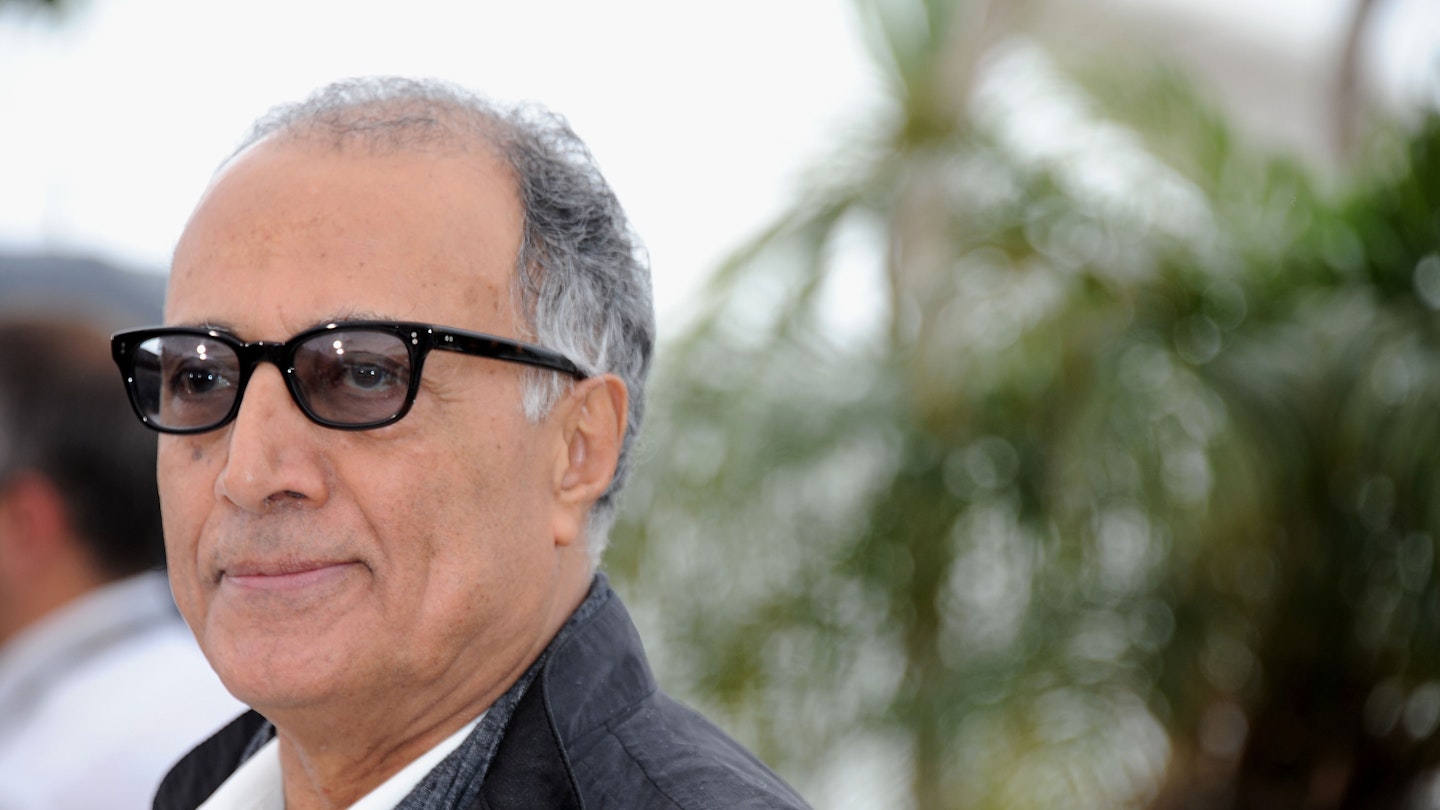Abbas Kiarostami, who made a career pushing the boundaries of writing and directing, and helped to share a passion for filmmaking in Iran, has died at the age of 76.
Kiarostami was born in Tehran in 1940, and first cultivated a love of art through paint, becoming an award-winner in his teens before leaving to study at the Tehran School of Fine Arts. Working as a traffic policeman to support his studies, he graduated in painting and graphic design and began work in advertising in the 1960s. Between 1962 and 1966, he made more than 150 TV advertisements and moved from that to creating film credit titles.
The Iranian New Wave kicked off in 1969 and Kiarostami was at its forefront with fellow director Dariush Mehrjui. He helped set up a filmmaking department at Tehran's Institute for Intellectual Development of Children and Young Adults and directed its first project, short film The Bread And Alley in 1970.
After spending several years producing a number of well-regarded shorts, he made his feature-length debut with Report, followed by First Case, Second Case. But it was 1987's Where Is The Friend's Home? that won him recognition outside of Iran.
1997's Taste Of Cherry, which follows an Iranian man looking for someone to bury him after he commits suicide may be one of his best-known titles, and won the Palme d'Or at Cannes. Other films included The Wind Will Carry Us, The Journey, The White Balloon, Shirin and 2010's Certified Copy. His last drama was 2012's Like Someone In Love. Kiarostami was also acclaimed for his documentary work, especially in Africa at the request of the UN.
“Film begins with D.W. Griffith and ends with Abbas Kiarostami,” Jean-Luc Godard once said of him. Kiarostami is survived by his sons Ahmad and Bahman Kiarostami, both of whom work as filmmakers.
